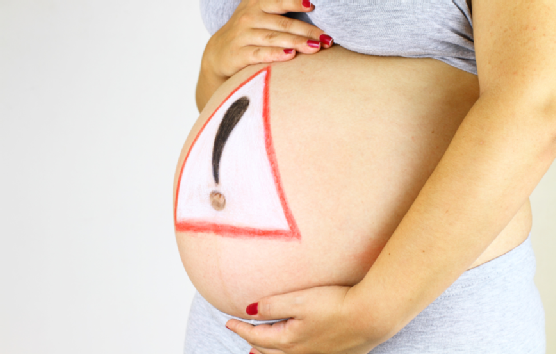
High Risk Pregnancy
When either a mother or baby’s health is at risk during gestation, the pregnancy is referred to as “high-risk.” Pregnant women and their unborn babies who are labeled high-risk may be required to make more frequent visits to the obstetrician for check-ups and exams. Additionally, obstetricians may make more restrictive recommendations for high-risk pregnancies regarding diet, nutrition, activity, medications, immunizations, tobacco-use and consumption of alcohol.
There are a number of conditions and circumstances that determine whether a pregnancy is considered high-risk. For example, certain complications of pregnancy such as placenta previa may make a pregnancy high-risk. Other complications include maternal age under 17 or over 35, as well as a multiple birth, history of multiple miscarriages, or certain medical conditions like preeclampsia or autoimmune diseases.
Although it is normal for women to experience some blood loss after the placenta detaches from the uterine wall, hemorrhaging can occur due to excessive bleeding. Treatment for most cases of postpartum hemorrhaging includes administration of IV fluids, iron supplementation and medications. Only a small number of women experience hemorrhaging that requires blood transfusion.
